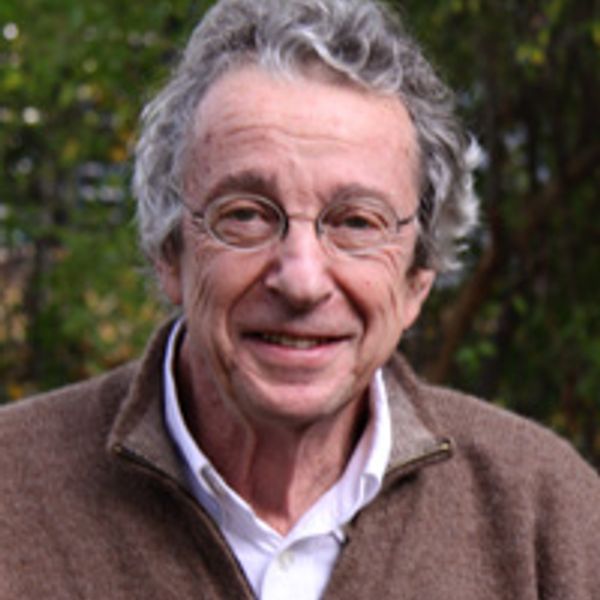Lia Purpura, Parasol Mushroom (detail), featured in AGNI 102
A Hundred Bones
In this mortal frame of mine which consists of a hundred bones and
nine orifices, there is something, and this something can be called,
for lack of a better name, a windswept spirit . . .
—Bashō
And thus the hundred bones of my body plus various
apertures plus that thing I don’t know yet
to call spirit are all aquake with joyous awe at the shriek of
the fighter planes that from their base
at Port Newark swoop in their practice runs so low over our
building that the walls tremble.
Wildcats, they’re called, Thunderbolts or Corsairs, and they’re
practicing strafing, which in war means
your machine guns are going like mad as you dive down on
the enemy soldiers and other bad people,
Nips, Krauts, trying to run out from under your wings, your
bullet-pops leaping after their feet.
It’s a new word for us, strafing. We learn others, too: blockbusters,
for instance, which means
bombs that smash down your whole block: not our block—
some Nip block, or Nazi,
some grey block in the newsreel. B-24 is the number of my
favorite bomber: the Liberator.
My best fighter: Lightning. The other kind of lightning once
crashed on an eave of our building
and my mother cried out and swept me up in her arms: The
war is here, she must have thought,
the war has found me. All her life I think she was thinking: The war is here, the
war has found me.
Some words we don’t know yet—gas chamber, napalm—|
children our age, in nineteen forty-four, say,
say Arnold Lilien and I, who’re discussing how we’ll torture
our treacherous enemy-friends
who’ve gone off to a ball game without us. They’re like
enemies, Japs or Nazis: so of course torture.
Do children of all places and times speak so passionately and
knowledgeably about torture?
Our imaginations are small, though, Arnold’s and mine. Tear
out their nails. Burn their eyes.
Drive icicles in their ear so there’s no evidence of your having
done it except they’re dead.
Then it was Arnold who died. He was a doctor; out west; he
learned to fly “Piper Cubs,”
and flew out to help Navajo women have babies. He’d
become a good man. Then he was dead.
But right now: victory! V-Day! Clouds like giant ice creams
over the evil Japanese empire.
Cities are burning. Some Japanese cities aren’t even there. The
war is here! The war has found me!
Japanese poets come later. We don’t know we need them
until they’re already buffing the lens.
Bashō. Issa. Buson. Especially Bashō: ah, that windswept spirit;
ah, that hardly there frog.
Atom bomb, though: Bashō as shadow burned into asphalt.
House torn by mad burning wind.
Poets in coats of straw, burning. What is our flaw, we human
beings? What is our error?
Spikes in your tushy, ice in your brain. That frog invisibly
waiting forever to make its leap.

C. K. Williams
C. K. Williams was an acclaimed American poet and translator. He won the National Book Critics Circle Award for Flesh and Blood (Farrar, Straus & Giroux, 1987), the National Book Award for The Singing (FSG, 2003) and the Pulitzer Prize for Repair (FSG, 2000). He taught in the Creative Writing Program at Princeton University.
His poem “A Hundred Bones” from AGNI 72 was chosen for The Best American Poetry 2011.
